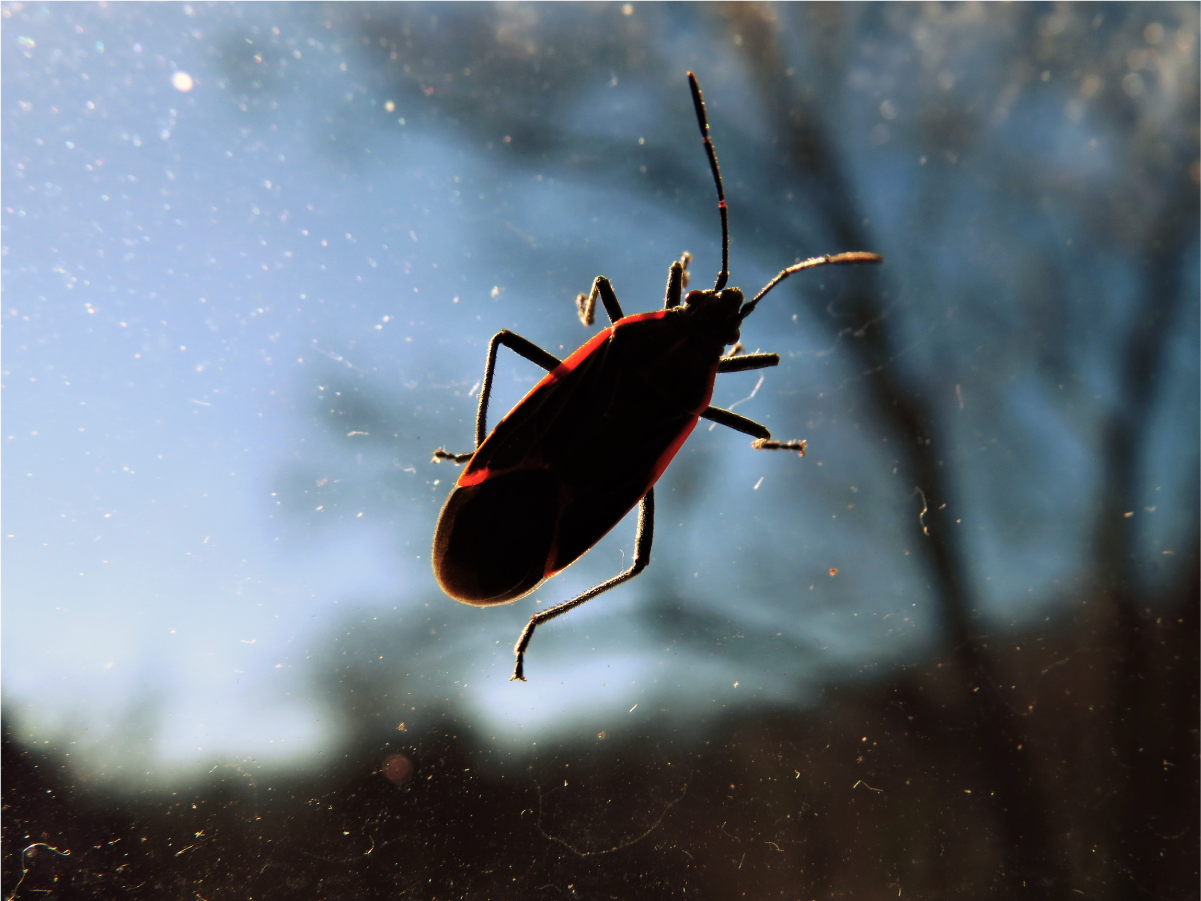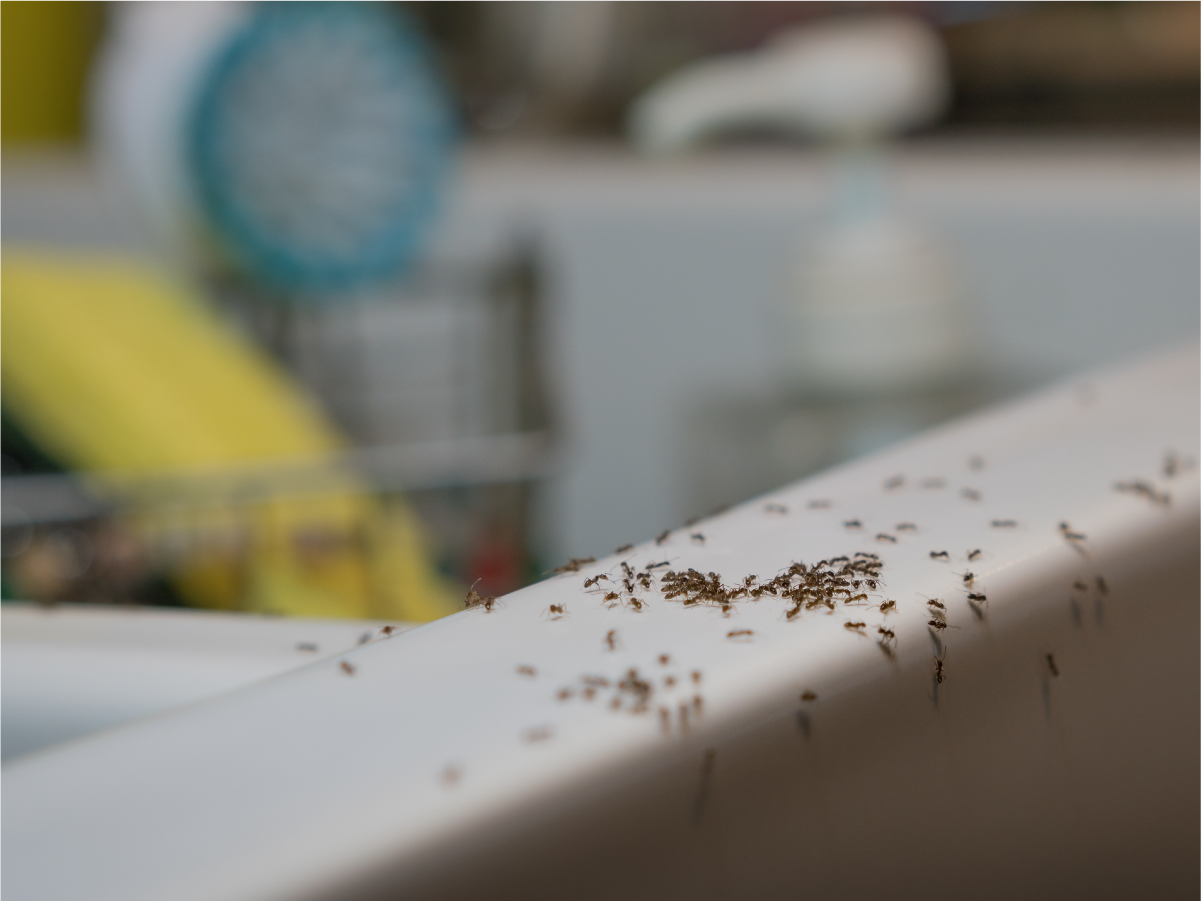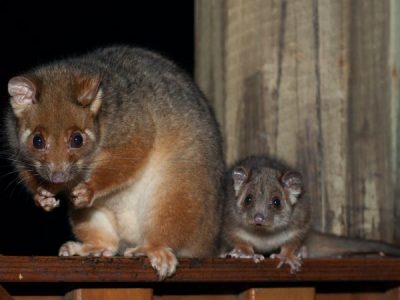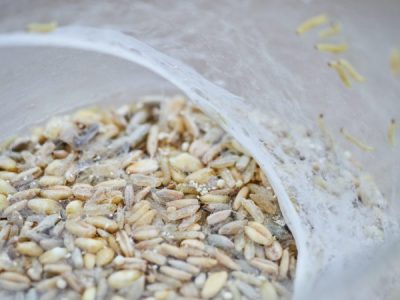When you check the weather forecast are you thinking about how the conditions are affecting pest behaviours? Today’s predictions are a 10% chance of showers and a definite increase in insect activity.
The weather directly influences how bugs and rodents behave around us. Just like us, pests are more active at certain times in the year. They’re also more determined to invade your homes depending on the time of year.
With Spring and Summer fast approaching, homeowners should pay special attention to their properties to ensure they’re preventing major pest issues before they become out of control. The faster you act, the more cash you’ll save.
Pest control in Brisbane is a year-round commitment. Read on to see when your property and lifestyle are at a higher risk of tangling with some creepy critters.

The Life Cycle Of Pests
Survival is balanced closely with instincts. Animals understand when they have the best chance at thriving; when their environment is most hospitable.
Spring is the ideal time to reproduce because the temperatures are warm, food is easier to come by, and there’s still enough rain to sustain life. From September onwards, most animals start to breed, come out of hibernation or migrate back to our backyards.
Spring is the start of most lifecycles; then Summer is when many species reach maturity and are strong enough to endure Winter on their own. For example, it only takes a rat 10-12 weeks to reach maturity, meaning when Summer comes about, there are hordes of new, young, but fully grown rats running about.
The same goes for several insect species which start to lay their eggs in Spring, and the larvae reach maturity by Summer. Examples of this are wasps, beetles and locusts.
Other pests come out of the woodwork later than others, like fruit flies that are attracted to rotting fruits and humid conditions most common with late Summer and early Autumn.

How Does The Temperature Affect Pests?
Queensland weather is warm more often than not, so it’s a great place to promote pest activity. While we may love our tropical climates and regular sunshine, so do creatures like insects, rodents and more.
Just Right Temperatures
- Migrating bugs and other pests start to return to enjoy the warm climates.
- Breeding season is in full swing for many types of pests.
- The life cycle starts for many species because it’s much easier to raise young and reproduce.
- Birds are looking for a new place to raise their young.
Hot Temperatures
- Insects are cold-blooded and rely on external heat. They are more active in Summer because of this.
- Insects need to eat more to survive in Summer. This is because their metabolic rates rise with the temperature. Bugs become more ravenous and want to consume more, which can damage your garden, your pantry or the wood in your homes depending on the pest you’re dealing with.
- Outdoor pests are more common. Mosquitos, wasps, flies, biting/stinging insects are at their highest population in summer.
- Rodents are moving around more and also hungrier than in Winter.
Cold Temperatures
- Non-migratory insects tend to burrow, hibernate or migrate during Winter. However, they may take refuge in your homes.
- Rodents are most likely to hide in your homes during this season for protection from the elements and for an easy-to-access food source.
- Insects become lethargic during Winter and find it difficult to move. Some species become stiff and slow at night and in the morning and have difficulty moving/flying until the sun warms them up.
- Many insects perish in the cold, however they’ve likely already completed their life mission to reproduce and continue the cycle.
- Several Australian butterfly and locust/grasshoppers species flee the cold and migrate to different spots in Winter, depending on their habits. Usually, this is a one-way migration, where they reproduce, die and send their next generation back in warmer months to start the cycle again.

Pest Behaviours Based On Rainfall
Water is the elixir of all life, so more water tends to mean more pest activity. Opposingly, drought also impacts pest behaviour, putting many species in survival mode – therefore more determined to invade our homes.
Rainy Season
- Wet and humid conditions are the most ideal for promoting pest activity.
- Regular storms and high winds may herd insect species inside.
- Mosquitoes lay their eggs in stagnant water and are most active after heavy rainfalls. They are likely to seek shelter inside during rain but leave soon after to lay their eggs.
- Moisture-loving bugs like cockroaches, termites, and stink bugs are more likely to reproduce and make nests inside or near homes.
- Spider and ant colonies are more likely to come inside for protection.
- Storms can remove outdoor nests, forcing colony pests to look for a dry and protected spot for their new nest. Likely in a shed or house.
- Bird species may also start nesting under your roof or around your property.
- Buildings are at a higher risk of termite attacks that exploit amp spots and water damages supports.
Dry Season
- Dry and cold conditions are the hardest for pests to survive in.
- Without water, pests become brave and more likely to invade your property in search of sustenance.
- Small pests will try to hide away in high-moisture areas like your air conditioner, under sinks and around leaks.
Cure All Pest Control Can Protect Your Home, No Matter The Weather
In Brisbane, pest control becomes a necessity for many homes. While a pest infestation can happen at any time of the year, choosing the right time for your house can have long-lasting benefits. If you’re struggling to keep up with the pests invading your home, Cure All Pest Control is here to help. We are trusted by more than 10,000 residential properties in Brisbane, Ipswich and the Gold Coast to fulfil all their pest control needs. Find out more about our many pest control services available, or contact us for more information.



